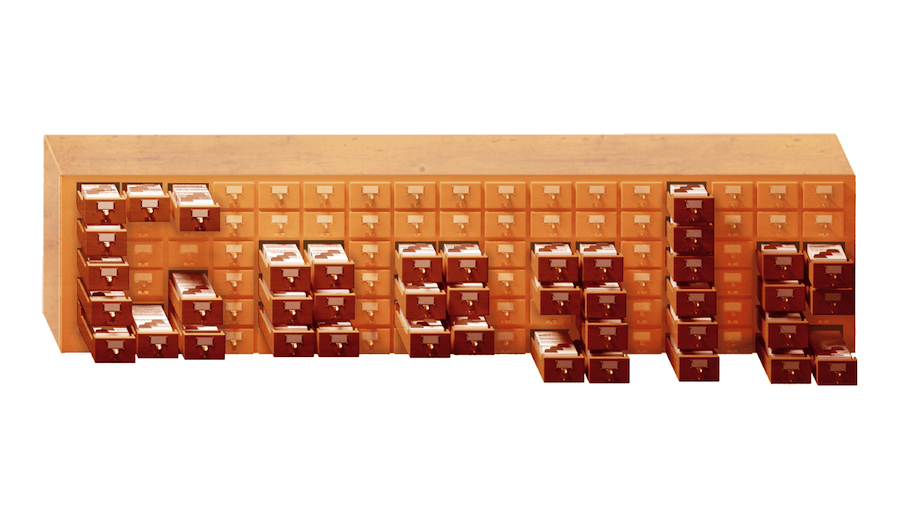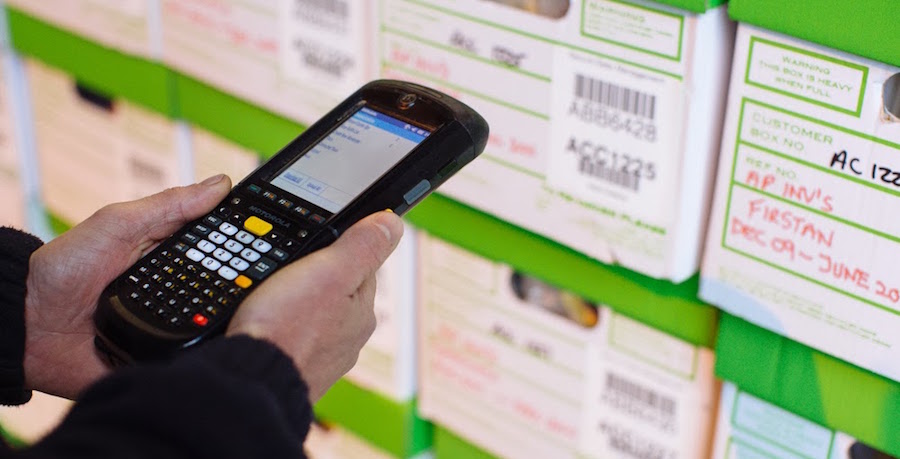This August Google celebrated the 147th birthday of Mundaneum co-creator Paul Otlet with one of their signatory Google Doodles, designed by Leon Hong. So why did Google decide to commemorate the birthday of a Belgian lawyer who died over 70 years ago?
Otlet and his colleague Henri La Fountaine created the Mundaneum back in 1895; the Mundaneum was the very first attempt at mass data collection and classification. The Belgians wanted to gather all the most critical information from across the globe, a large feat indeed, and organise it using a method now known as Universal Decimal Classification. This system is still used in libraries in 130 countries today. Indeed, most other filing systems owe their existence to UDC.
The co-creators decided that their information would be collected from the International Museum, the International Library, the International Bibliographic Catalogue and the Universal Documentary Archives. Their aim was to make this information available to all, much in the same way the web, or more specifically Wikipedia, does today.
The Mundaneum was first known as the Universal Bibliography and was situated in Brussels; it was a catalogue of over 12 million index cards each of which could be located using the Universal Decimal Classification system.
In 1919 the Belgian government handed over 150 rooms in the Palais du Cinquantenaire for the Mundaneum but after five years the space was taken back. When Belgium was invaded during the Second World War some of the data belonging to the Mundaneum was destroyed. The Mundaneum can now be viewed in Mons after it was restored to its former glory in 1998.
Both Otlet and La Fountaine lived during a time of severe international instability; despite this they believed that peace could be achieved through collaboration and information sharing. Their endeavours to collect information was based on the hope that if the warring nations of the 20th century had access to all the most important information ever published a greater level of understanding might be achieved and the call to arms resisted. Otlet and La Fountaine lived during a time when wars and conflicts were often precipitated by fatal instances of miscommunication between nations.
The Mundaneum has been nicknamed the “paper Google” and indeed it might be viewed as precursor to sharing information digitally. Always the visionary, Otlet hoped that in the future users of his archive would be able to access information from their homes.
Not only have Google launched a Doodle in honour of the Mundaneum and its creators but have also created an online exhibition dedicated to informing users about the lives of Otlet, also known as the father of documentation, and La Fountaine and as well as their work.
Google in its efforts to commemorate the Mundaneum has attempted to teach users about the age of information before the internet; an age from which visionaries sprung, visionaries such as Otlet and La Founatine, whose ideas formed the basis of modern information processes. The Mundaneum is an early ancestor of all existing data sharing and classifying programs which is why it is quite rightly still remembered by its descendants today.











